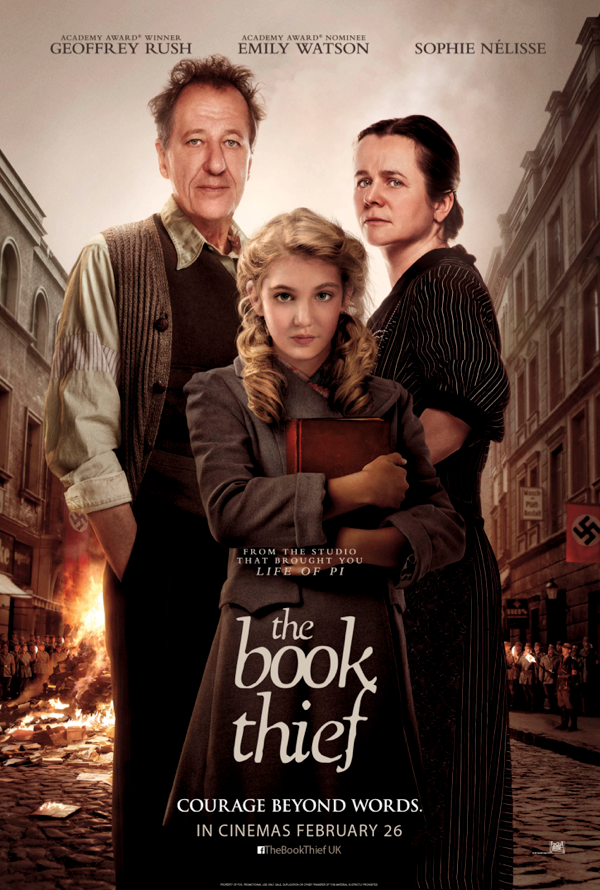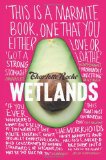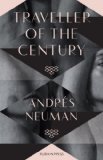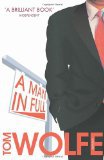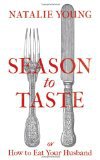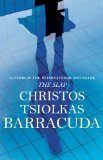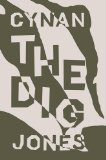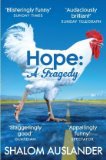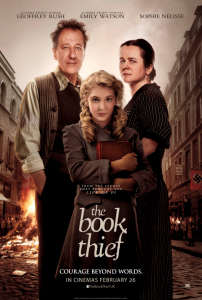 I loved reading The Book Thief so was excited to be invited to a special preview screening of the film at the beginning of the month. I was worried about how they’d convert it onto the big screen, especially Death’s narration of events, but luckily my concerns weren’t justified as The Book Thief was a fantastic film and was just as moving as Zusak’s book.
I loved reading The Book Thief so was excited to be invited to a special preview screening of the film at the beginning of the month. I was worried about how they’d convert it onto the big screen, especially Death’s narration of events, but luckily my concerns weren’t justified as The Book Thief was a fantastic film and was just as moving as Zusak’s book.
The Book Thief beautifully captured the difficulties faced by German citizens during WWII – a side of the story rarely heard in the UK. It showed the dilemmas faced by ordinary people and the suffering they endured as the war progressed. The acting was flawless and the characters were all well cast. I especially liked Sophie Nélisse’s portrayal of Liesel. She managed to capture a childhood innocence whilst also showing resilience and strength in the face of adversity.
The pace was perfect and I was gripped throughout. It followed the plot of the book very closely and whilst a few scenes were left out this was made up for by the visual impact. Both the book and film contained a wonderful roller-coaster of emotion, but I don’t remember vivid descriptions in the book. Seeing the period detail of the houses, clothes and streets added an extra layer of impact to the story.
The director, Brian Percival, spoke to us briefly before the screening and he explained that he wanted The Book Thief to introduce young teenagers to the subject of the Holocaust. This meant he shied away from graphic scenes and ensured everything was suitable for a young adult audience. I don’t think this hampered the film at all. In fact I think it made some of the scenes more shocking as the observer was left to fill in the details themselves.
The only negative aspect of the film was the language. Most of the actors spoke English, but some original German news footage was included (with English subtitles) and occasionally side characters spoke in German. Common words like “ja” and “nein” seemed to be in German all the time. The switch between languages was sometime jarring – especially when one character spoke in German and another replied was in English. I’d have preferred the entire film to have been in German, but I appreciate that this wouldn’t work for a mainstream audience. It didn’t detract from my enjoyment of the film as a whole, but I’d have preferred more consistency in the language used.
Overall this was a wonderful film. It might even be one of those rare examples of where the film is better than the book. I highly recommend watching it!

.
The Book Thief is previewed in the UK this week and on general release from the 26th February.
Here’s the trailer to whet your appetite:
